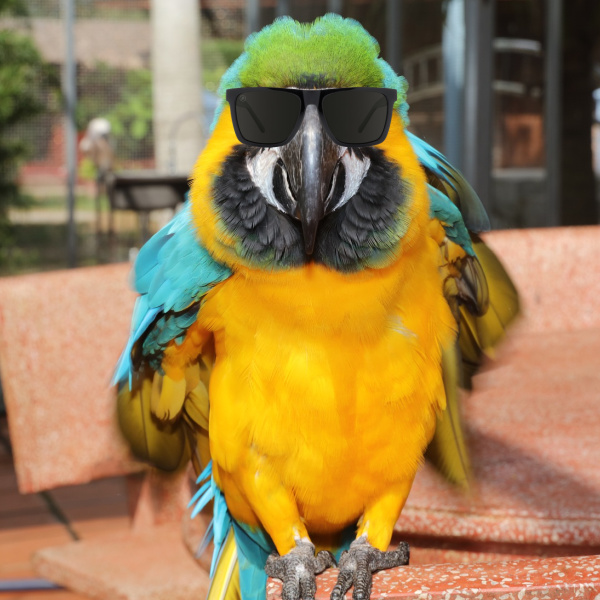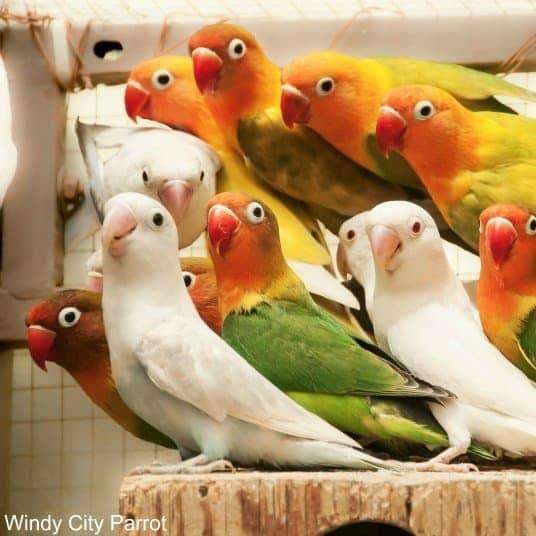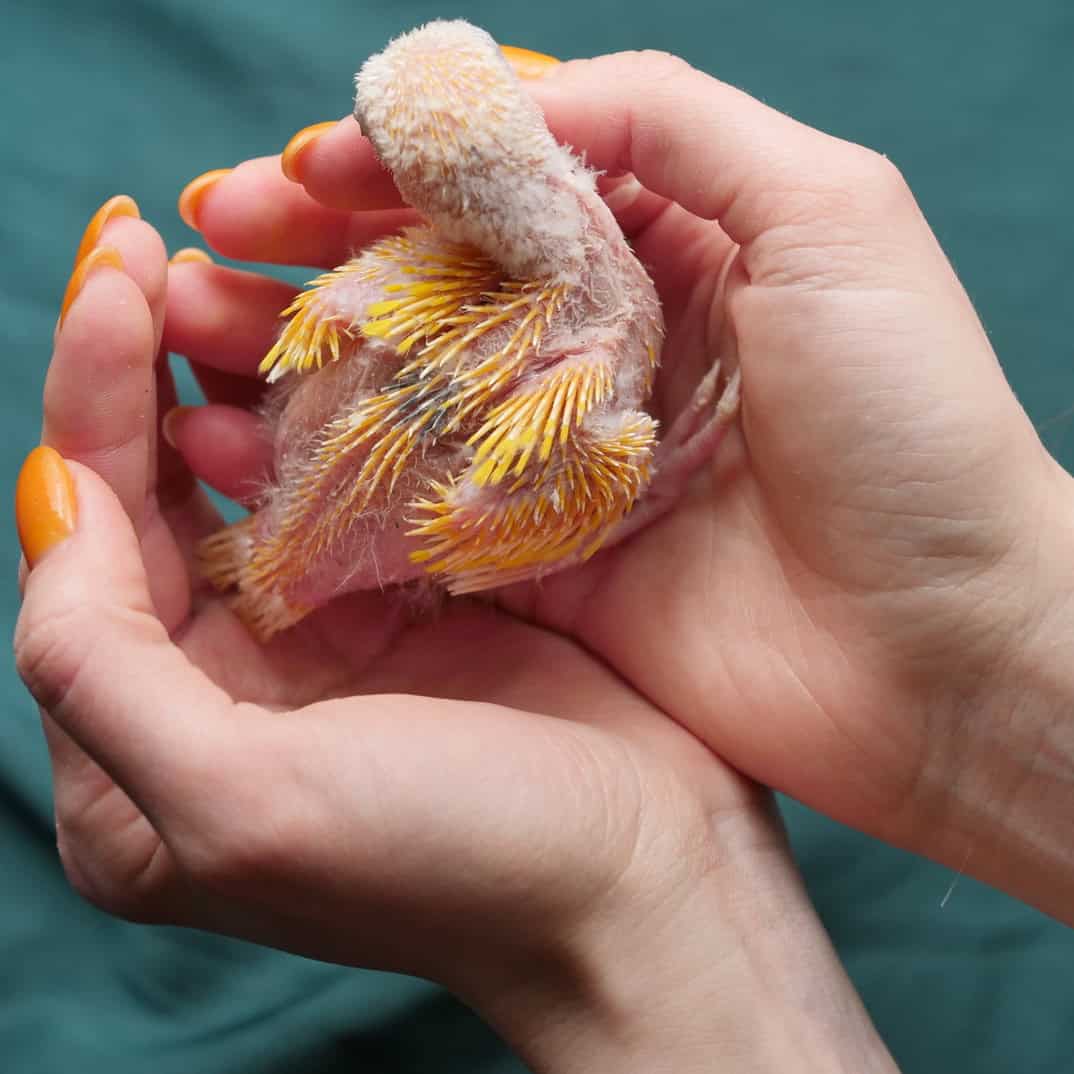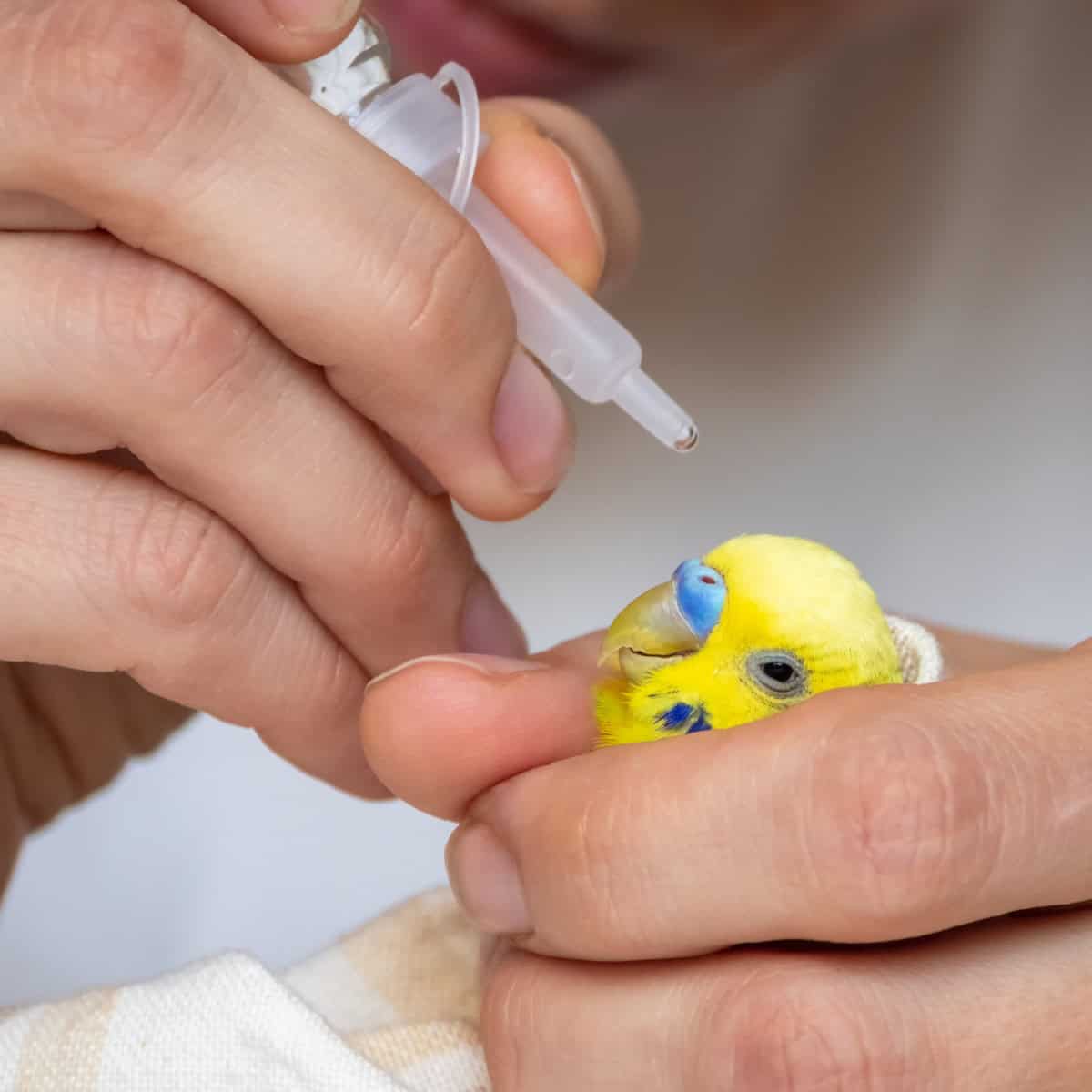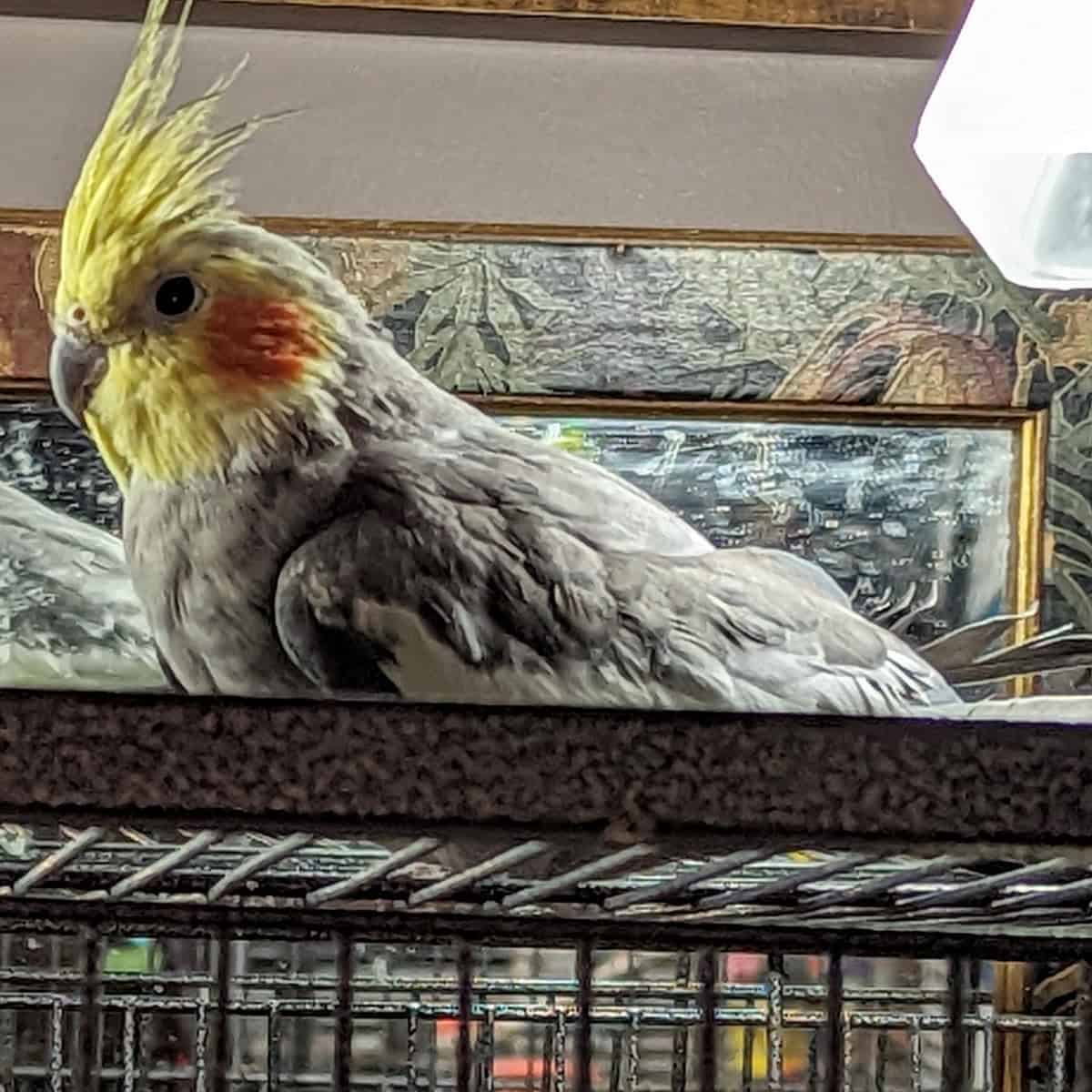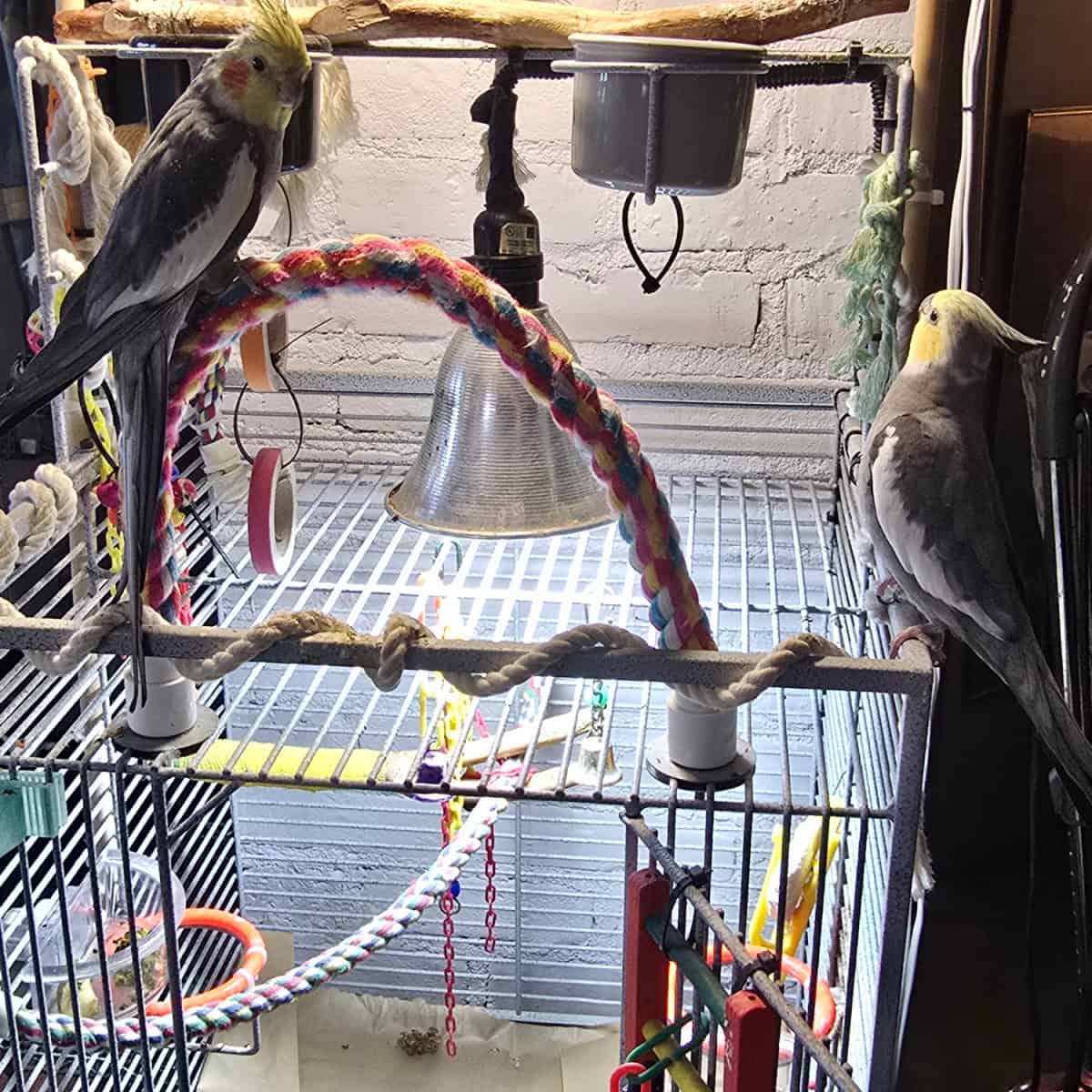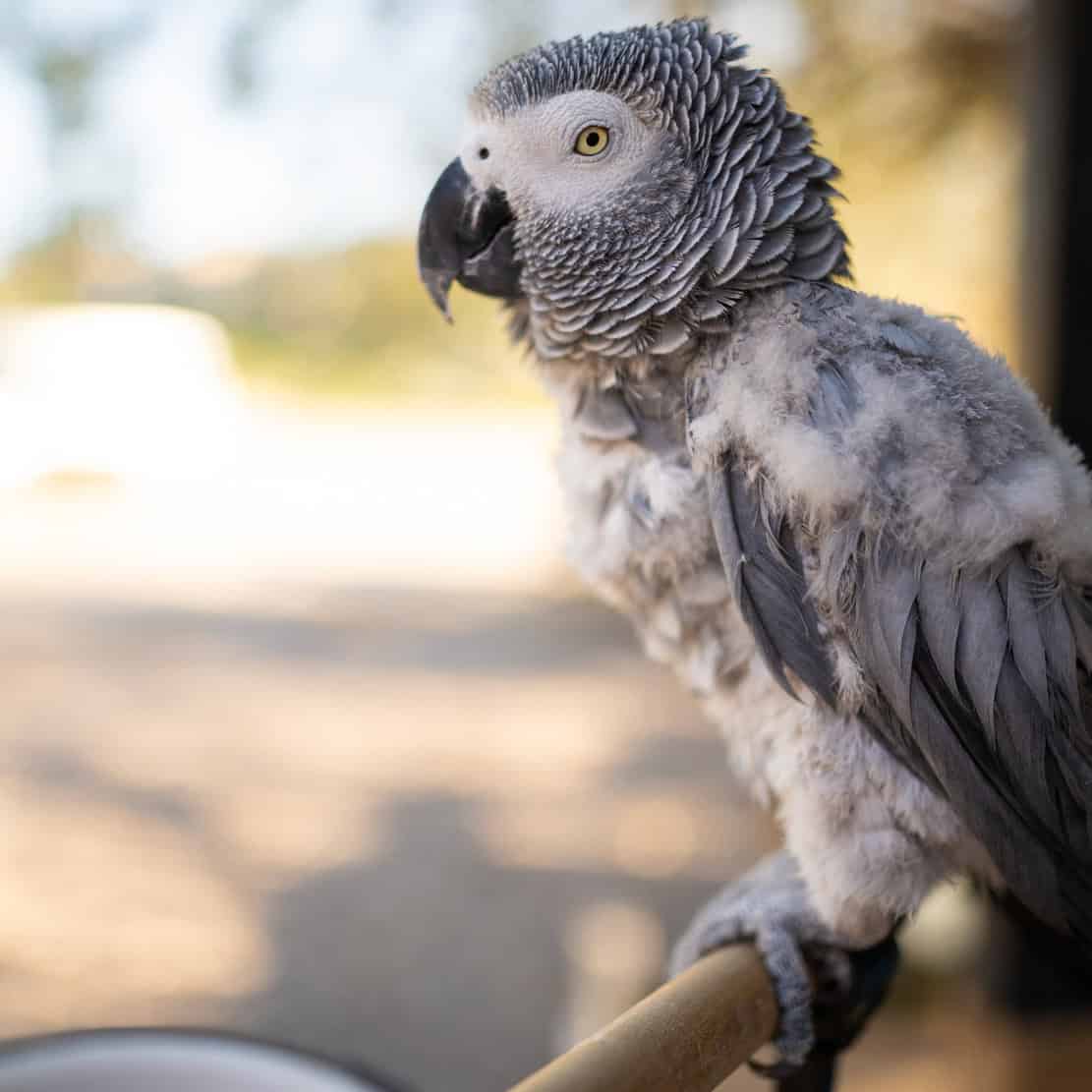What One Ingredient Might Your Pet Bird Be Missing?
The day we decide to get a pet bird, we’re probably mulling over a lot of factors.
The species that also relates to the “size” decision which may or may not affect birdcage size decision (see footnote)* (more…)


